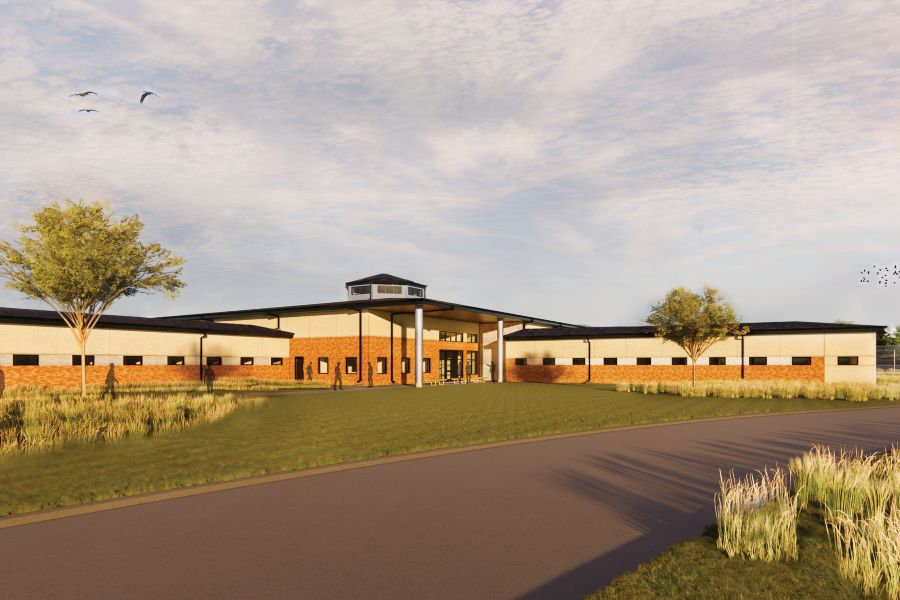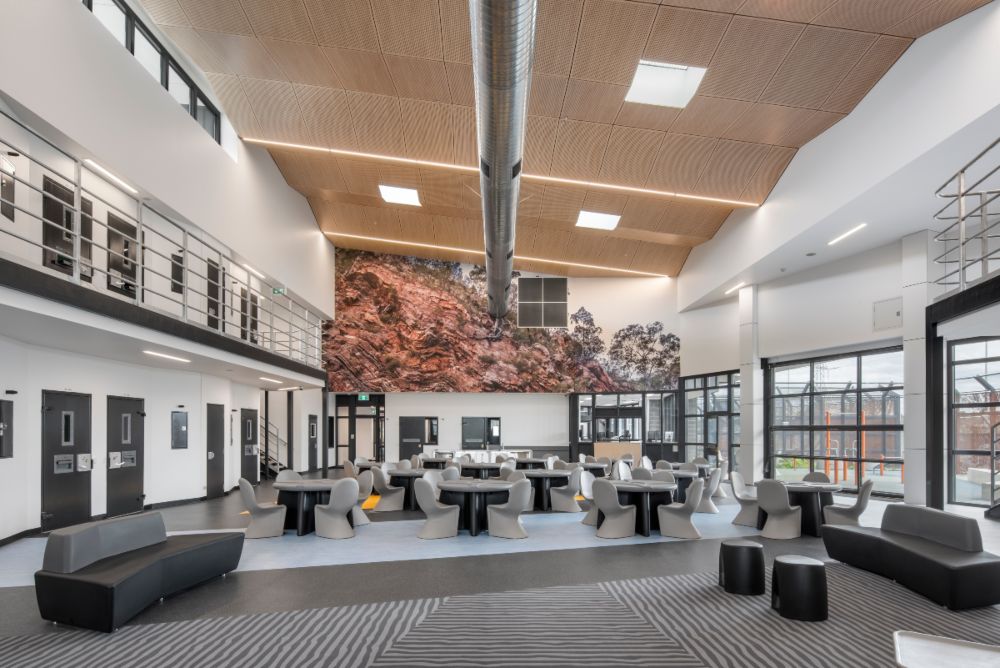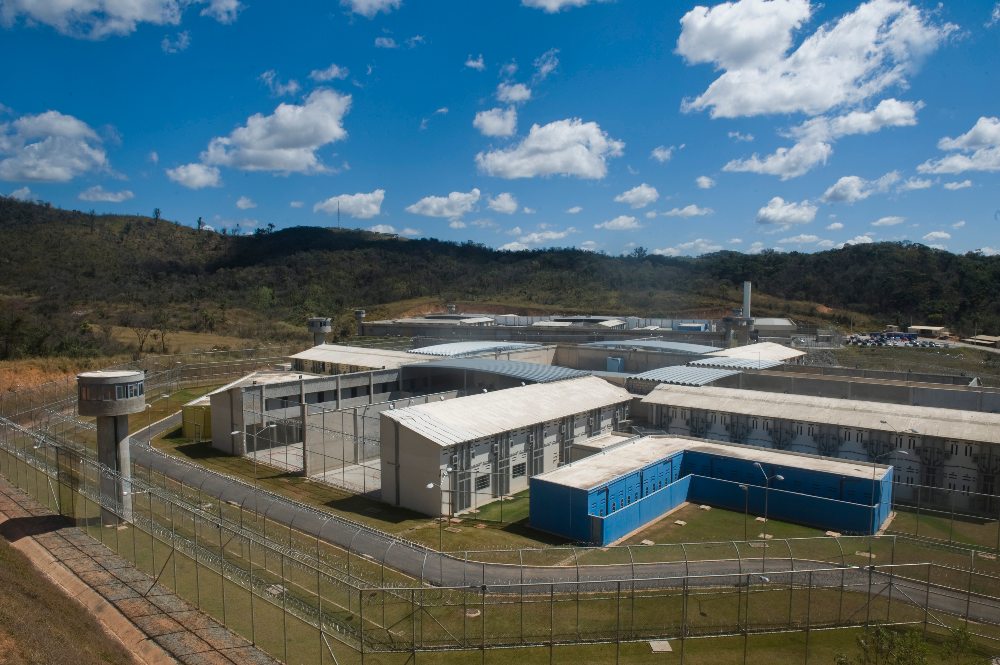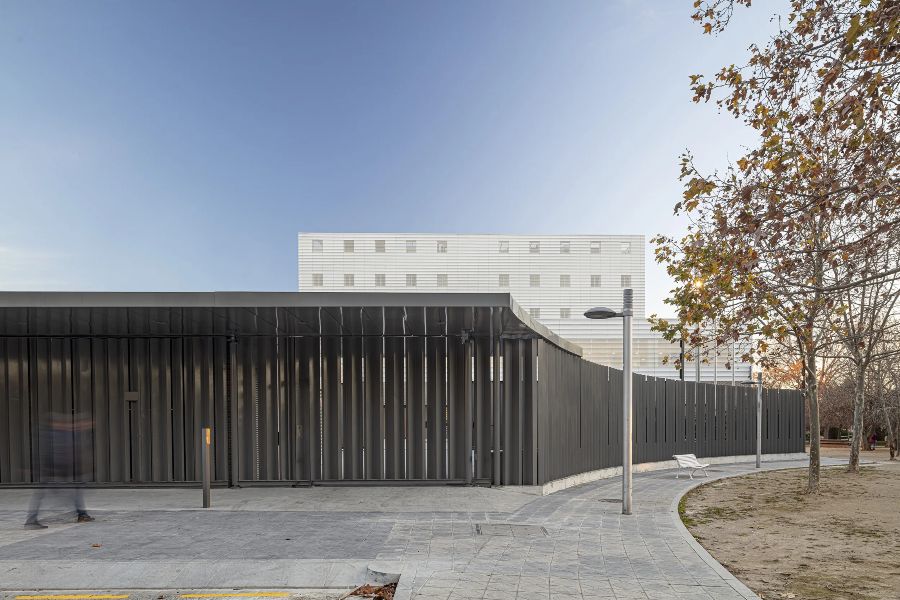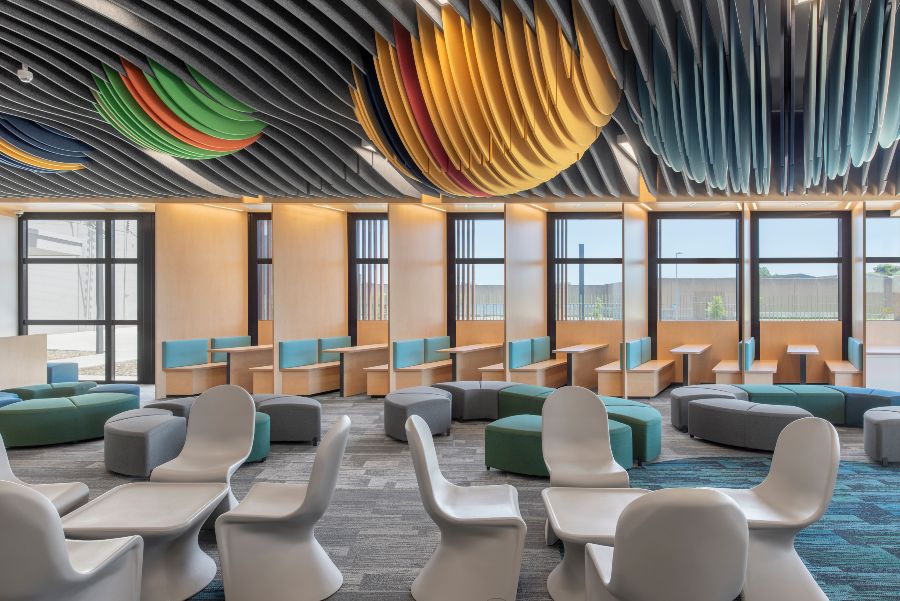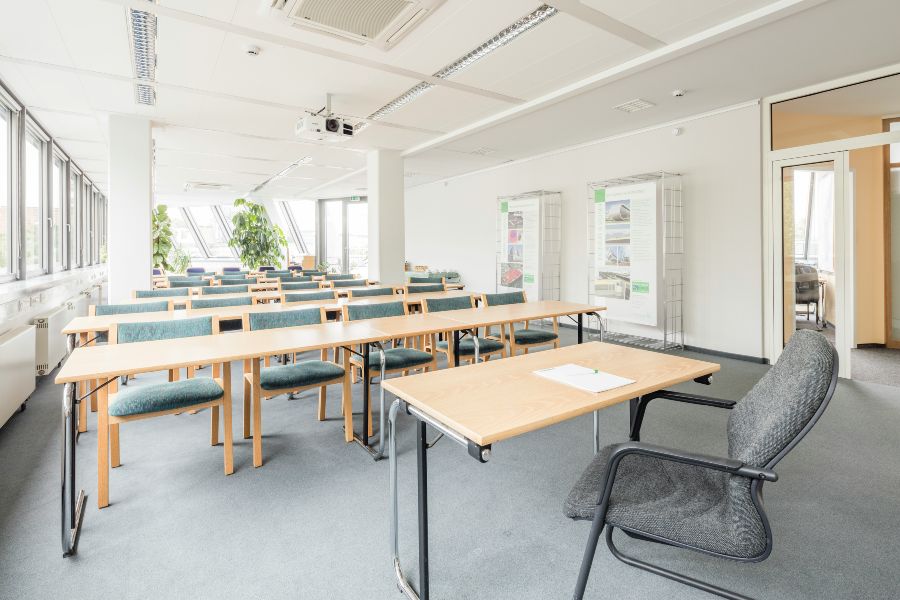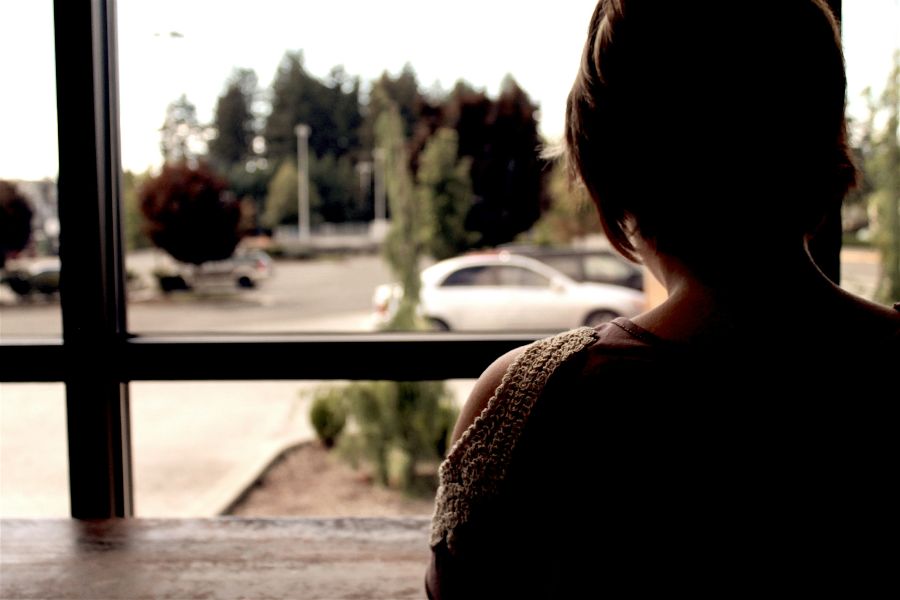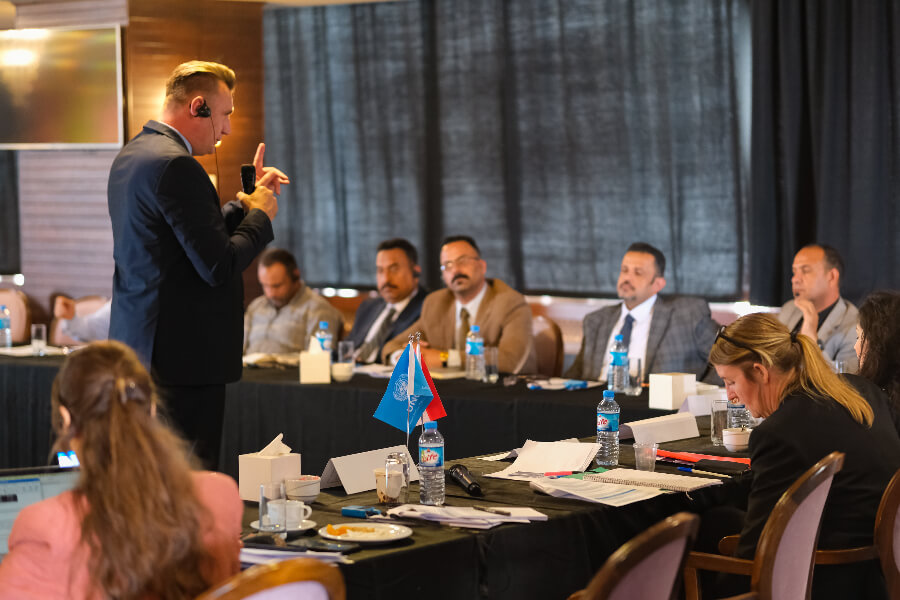Explore the effectiveness and evolving practices in offender rehabilitation, drawing on international perspectives to assess what works, and examine approaches to supporting reintegration and desistance from crime. Read More
Risks and Needs Assessments
In this article, Frank J. Porporino, Ph.D., draws on nearly 50 years of experience in corrections to explore what truly works best in correctional practice and why getting it right matters more than ever. Read More
James Bonta, Ph.D. (Clinical Psychology), Co-author of “The Psychology of Criminal Conduct” (RNR model), Canada Read More
In this edition of JUSTICE TRENDS, we explore pioneering approaches that move beyond traditional boundaries in corrections. We look at how secure and stable environments, structured models like RNR, and modern tools – including AI-enhanced Offender Management Systems – can foster trust, stability, and meaningful rehabilitation. Thought leaders in the correctional space share insights on the importance of evidence-informed practice, avoiding what we know doesn’t work, and adapting strategies to individual needs. True progress depends on systemic integration, cross-sector collaboration, and community involvement to achieve lasting change and strengthen public safety. Read More
Viorel Sochircă, Director of the National Probation Inspectorate of Moldova Read More
Jessica Borg, Chief Psychologist and Director Programmes at New Zealand's Department of Corrections Read More
Emma Regan, President of the International Association for Correctional and Forensic Psychology (IACFP) Read More
Toon Molleman, Deputy Director, Division of Prisons and Foreigner Detention, at the Dutch Custodial Institutions Agency, The Netherlands Read More
Ioana Morar, Deputy Director-General, Romanian Prison Administration Read More
In this article, Pedro das Neves, CEO of IPS_Innovative Prison Systems, examines how AI can support corrections, the obstacles it may face, and the steps needed to ensure its use is ethical, inclusive, and evidence-based. Read More
Ananda Chalegre, Director-General, Paraná State Penal Police Department, Brazil Read More
Fergus McNeill, Professor of Criminology & Social Work, University of Glasgow, UK Read More
Rita Alarcão Júdice, Minister of Justice, Portugal Read More
Ángela María Buitrago, Minister of Justice and Law, Colombia Read More
Nicholas Deml, Commissioner of the Vermont Department of Corrections Read More
Isabelle Condé, CEO of SGP, Prison Management Solutions Read More
Mathilde Steenbergen, Director-General of the Belgian Prison Service Read More
Marcus Rito, President of CONSEJ and
Secretary of Justice of Rondonia, Brazil Read More
Evariste Murenzi, Commissioner General, Rwanda Correctional Service, Rwanda Read More
Terry Hackett, Head of the Persons Deprived of Liberty Division, International Committee of the Red Cross (ICRC) Read More
Discover DLR Group’s vision for Nebraska’s new correctional facility, reshaping corrections with a strong emphasis on rehabilitation and successful re-entry. Read More
The design of correctional facilities shapes the daily experiences of both incarcerated individuals and staff, influencing rehabilitation, security, and operational efficiency. Beyond ensuring physical security, well-planned spaces for education, vocational training, and therapeutic programmes encourage engagement in constructive activities, ultimately reducing recidivism. In this edition, we explore how architecture, smart technologies, and alternative financing models are driving the evolution of modern prisons, featuring insights from correctional leaders and experts on creating environments that prioritise safety, rehabilitation, and long-term adaptability. Read More
This article by Simon Bonk and Tanja Sieme (Telio) examines the modernisation of correctional infrastructure, highlighting its importance and the key challenges faced by correctional institutions in implementing these advancements. Read More
The prison system in Brazil struggles with overcrowding and poor infrastructure. Discover how the Ribeirão das Neves Prison Public-Private Partnership (PPP) is addressing this through an innovative approach. Read More
The location and design of penitentiary facilities shape rehabilitation and reintegration. Learn how the Catalan system incorporates these elements to support successful societal reintegration. Read More
Explore advancements in prison design and the psychological impact of enhanced prison environments through the perspective of international stakeholders in the penitentiary sector. Read More
Examine the challenges and potential future developments in correctional infrastructure, gaining insights from international stakeholders in the penitentiary sector. Read More
Rob Jeffreys, President of the Correctional Leaders Association & Director of the Nebraska Department of Correctional Services, USA Read More
Ivaylo Yordanov, Chief Commissioner, General Directorate "Execution of Sentences", Bulgaria Read More
Larissa Strong, Commissioner of Corrections Victoria, Australia Read More
Changing societal perspectives, technological advancements, environmental challenges, and other evolving factors are driving significant transformation in corrections. For this change to be successful, leaders must envision, embrace and head this transformation. Read More
Explore Dr Frank Porporino's insights on advancing beyond evidence-based practices to create truly rehabilitative experiences in correctional settings, emphasising holistic approaches and supportive cultures. Read More
Uncover how the R2COM project is revolutionising post-release reintegration and radicalisation prevention in a piece featuring insights from project partners and participants. Read More
Tanja Rakušić-Hadžić, Head of the Cooperation in Police, and Deprivation of Liberty Division of CoE's Human Rights and Rule of Law Directorate Read More
Rui Abrunhosa Gonçalves, Director-General of Reintegration and Prison Services, Portugal Read More
Laurent Ridel, Director of the Prison Administration, France Read More
Discover how evidence-based public security measures can help Latin America combat organised crime and reduce urban violence effectively. Read More
Explore the challenges in preventing radicalisation and rehabilitating violent extremists, and learn about effective strategies implemented across different jurisdictions. Read More
The UNODC aids Iraq in prison reform, working with the government and partner nations to bolster corrections, counter-radicalisation, intelligence, and global anti-terrorism efforts. Read More
Dr Reid Meloy (MHS Public Safety) explains how the Terrorist Radicalization Assessment Protocol-18 (TRAP-18) is helping to mitigate the threat of lone-actor terrorism through effective risk assessment and early intervention strategies. Read More





















